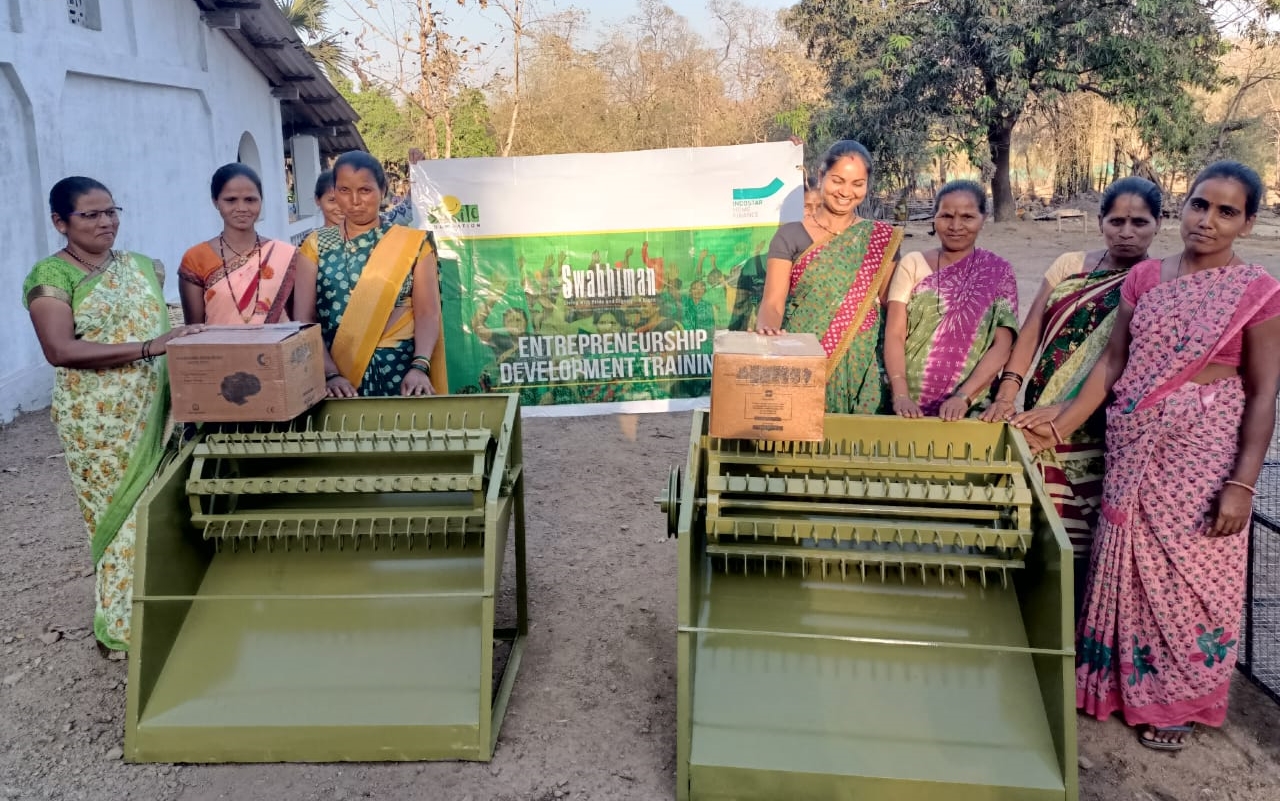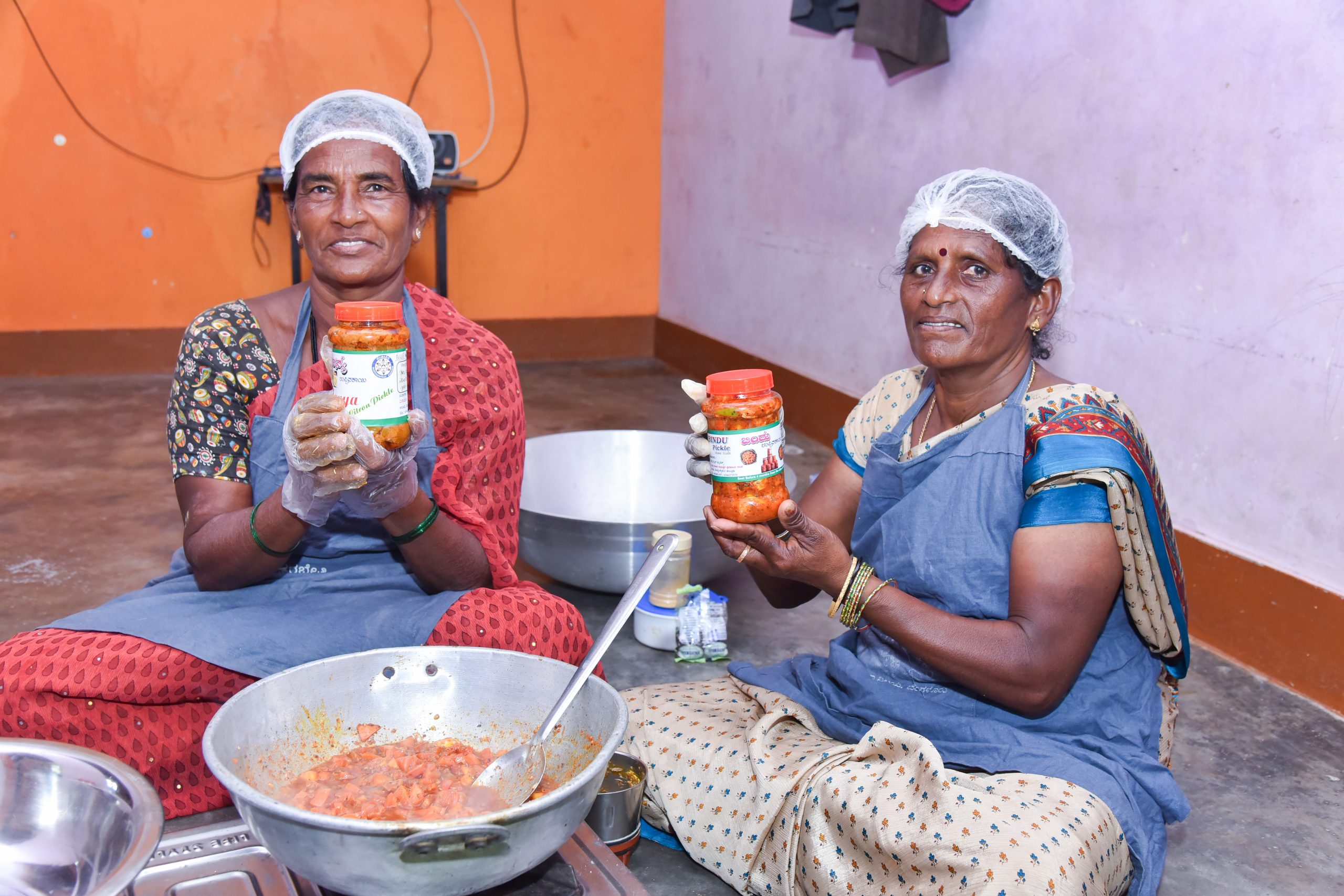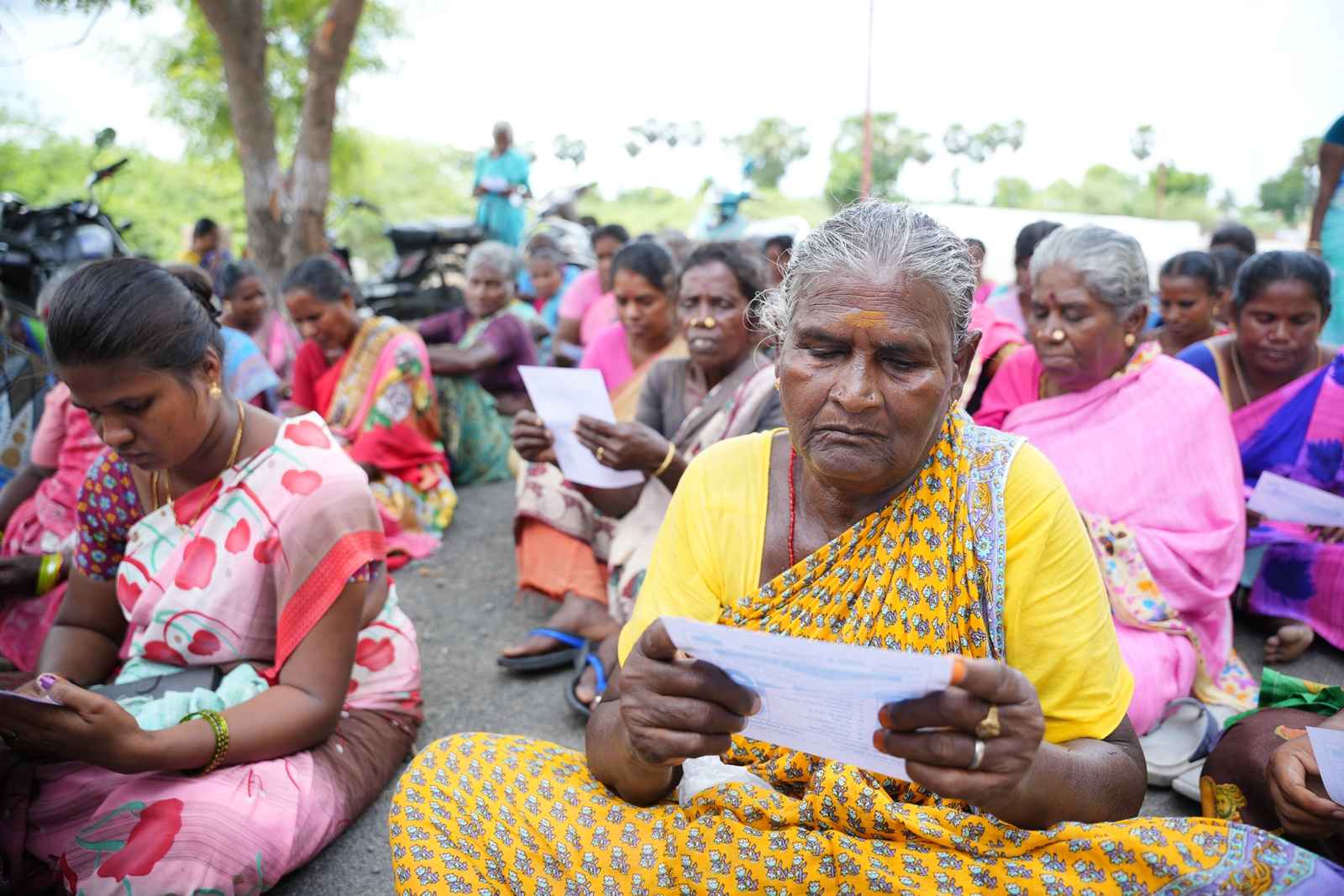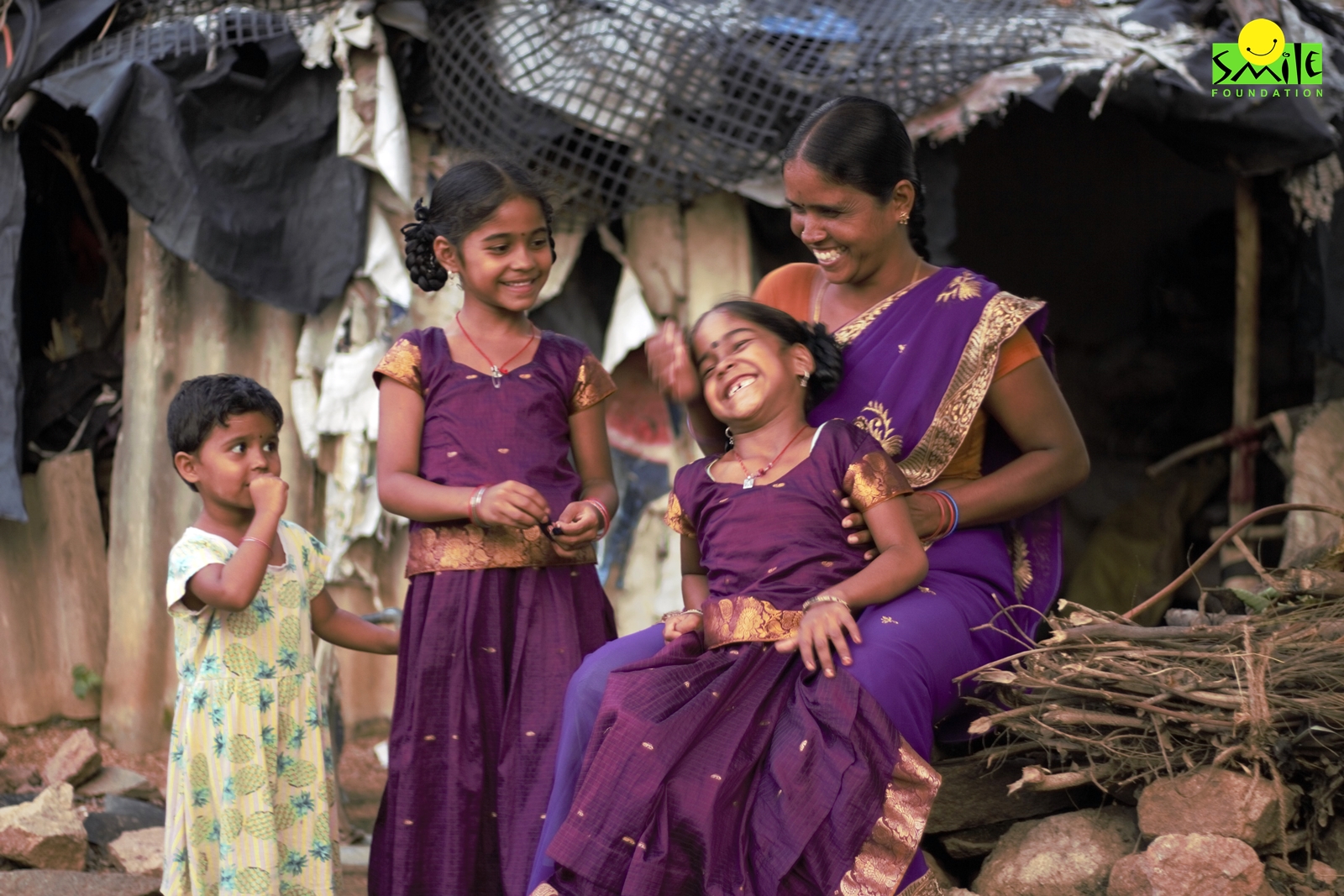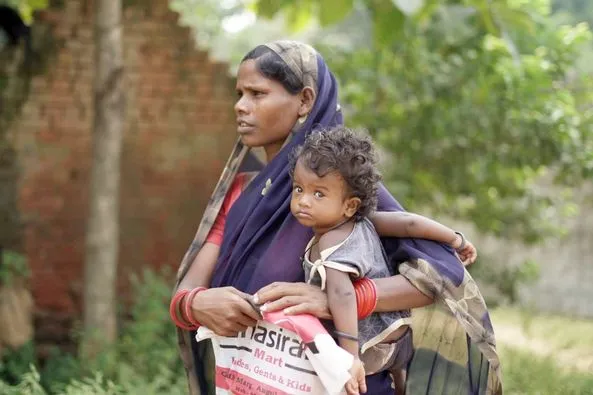While presenting the Union Budget this year, finance minister Nirmala Seetharaman said that the government will launch a scheme that will provide internship opportunities in 500 top companies to one crore youth in the next five years. The students will receive an internship allowance of Rs 5,000 per month along with one-time assistance of Rs 6,000. The companies will be expected to cover the training cost and 10% of the internship cost from their Corporate Social Responsibility (CSR) funds, said a report in The Times of India.
Employment and skilling of the youth has long been a concern of the government. And CSR plays a great role in making young people ready for the job market.
What is CSR?
CSR is a business model wherein companies actively incorporate social, environmental and ethical considerations into their operations and decision-making processes. It can encompass a range of activities, such as sustainable practices, ethical labour policies, community engagement and philanthropy.
CSR is a legal requirement in India
India is the first country in the world to make CSR mandatory, following an amendment to the Companies Act, 2013, in April 2014. Companies with a net worth of ₹500 crore or more, a turnover of ₹1,000 crore or more, or a net profit of ₹5 crore or more during any financial year are required to spend at least 2% of their average net profits from the last three financial years on CSR activities.
Improving employability of Indian youth: Need of the hour
According to the People Research on India’s Consumer Economy (PRICE) survey, India’s youth population is expected to reach 420 million in 2024, ie, 29% of the total population.By 2047, India will have 1.1 billion people in the working age group (15-64).
However, according to UNICEF and the Education Commission, more than 50% of Indian youth do not have the education and skills necessary for employment by 2030. The India Skills Report 2021 states that nearly half of India’s graduates are unemployable. Open unemployment, which was barely 2.1% in 2012, nearly tripled to 6.1% in 2018.
Why do youth lack skill sets?
“Some students are able to secure admissions in top educational institutions. Such students don’t require support with additional skills to help them become employable,” says Dr Prahalathan KK, co-founder of Bhumi, a Chennai-based non-profit which aims to drive social change by fostering an environment where young adults and children learn, lead, and thrive.
“Other students, who don’t secure admissions in top rung colleges or cannot afford it, go to mediocre colleges where they study some course but need additional support with skills to secure a job,” he says, adding that students can either pay for additional courses, or opt for internships and learn on the job. The nonprofit sector can step in and support vulnerable students at the lower end of the educational system to make them more employable. And some philanthropy has to fund it – individual donors, foundations or CSR initiatives,” says Dr Prahalathan.
Government schemes address the issue
The Government of India has launched various initiatives to help youth secure livelihoods. For instance, the Pradhan Mantri Kaushal Vikas Yojana, the flagship scheme of the Ministry of Skill Development & Entrepreneurship, aims to enable a large number of Indian youth to take up industry-relevant skill training. In 2015, the Skill India Mission was launched to create and implement comprehensive skill development training programmes to help bridge the gap between industry demands and skill requirements.
The role of CSR in increasing youth employability
CSR programmes of companies can play a big role in helping to bridge the gap between industry needs and existing skill sets of the youth. “Soft skills are needed by everyone. It also depends on the requirements of the industry that the candidate hopes to work in. At Bhumi, we work with government and government-aided schools to improve their learning outcomes, provide scholarships to older children so that they can choose the right institutions, and also conduct skilling programmes for Tier 2 and 3 colleges located outside big cities,” says Dr Prahalathan.
A few Indian companies have launched CSR initiatives aimed at enhancing youth employability. For instance, Tata STRIVE provides youth from underprivileged communities access to quality skill training with an aim to enable livelihood linkages. The programme aims for employment, entrepreneurship or enhanced employability through their domain and soft skills training.
Infosys Springboard, a digital literacy programme, is delivered free through Infosys’ CSR commitment to empowering 10 million-plus people with digital skills by 2025. It provides a holistic set of courses, developed in collaboration with world-leading digital educators like Coursera and Harvard Business Publishing.
CSR is not just about money
“Many people have the misconception that CSR has to be in monetary form but it’s not,” says Tarun Mahadevan, managing director of Advantage Foods. “For instance, my father, restaurateur M Mahadevan, has used his wealth of experience in culinary arts to train youth. He believes we are just the runway, then it’s up to the students and organisations we work with to use us as a platform to grow,” says Tarun, whose company works with youth with special needs as well.
For instance, their venture, Popcause, is run by two students who were placed from SPASTN (The Spastics Society of Tamilnadu). “They were trained in the art of making popcorn and now they run the brand,” says Tarun, adding that the F&B industry’s CSR initiatives offer great avenues for upskilling youngsters who are interested in working in the field. “You just need to be more patient, make it more interesting, and project a career path they can follow.”
NGOs upskill youth
Smile Foundation has also been working to skill the youth and make them more employable. Our STEM and experiential learning initiative recognises that building scientific temperament in students by introducing them to think critically, solve problems through inquiry and logic, ideate creatively and continue this process of learning for a lifetime are critical skills for the youth and workforce of tomorrow. So, vocational exposure has been encouraged and initiated amongst students to facilitate holistic learning and development by providing a space for students beyond regular curriculum subjects to enable children and youth to make connections between different areas of learning.
Under Project Manzil, Smile Foundation aims to provide counselling and employability skills training to over 90,000 young girls in Rajasthan. The project provides training to girls in streams like IT, healthcare, beauty & wellness, security, retail, automobile, apparel, home furnishing, agriculture, tourism and hospitality, and electrical and electronics. Currently, the project is benefitting over 44,000 girls in grade 9-12 from Government schools in six districts of Rajasthan.





